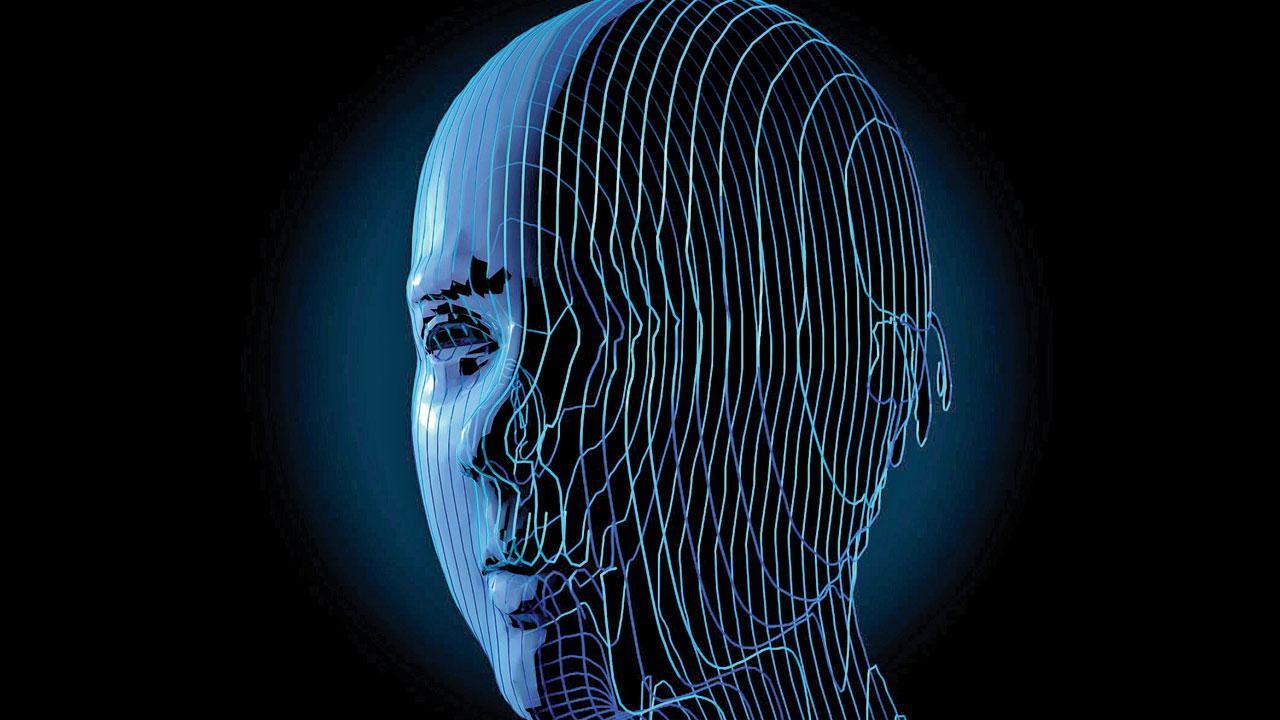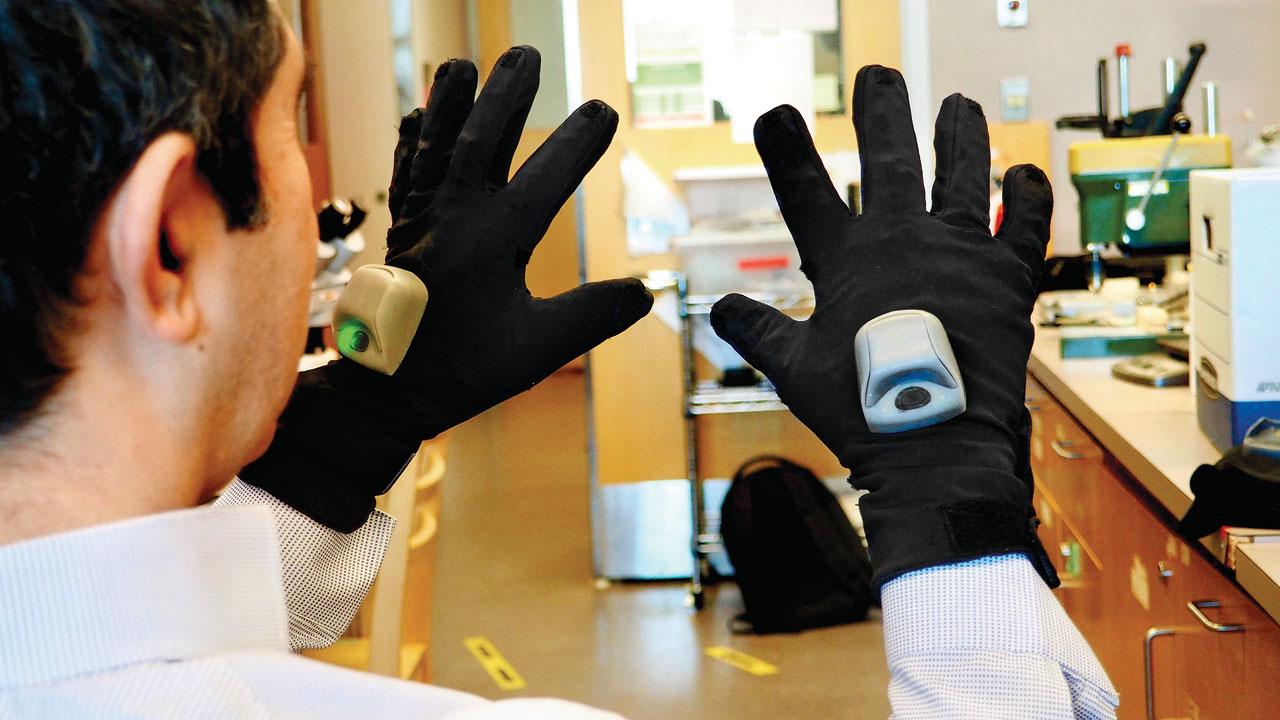Andreea Pocol, the study’s lead author highlighted that participants looked for clues in details such as fingers, teeth, and eyes, yet their success rate was low

Representation Pic
In a recent study by the University of Waterloo, it was found that distinguishing real people from those generated by artificial intelligence (AI) is more challenging than anticipated. The research involved 260 participants who were presented with 20 images, half of which were of real individuals from Google searches, and the other half produced by AI programs like Stable Diffusion and DALL-E. Results revealed that only 61 per cent of participants could accurately identify AI-generated individuals, significantly lower than the expected 85 per cent. Andreea Pocol, the study’s lead author highlighted that participants looked for clues in details such as fingers, teeth, and eyes, yet their success rate was low.
ADVERTISEMENT
Smart glove could aid in stroke rehabilitation

Pic/University of British Columbia
A smart glove developed by the University of British Columbia (UBC), in partnership with the Vancouver startup Texavie, is set to revolutionise stroke rehabilitation for patients. This wash-able and wireless smart textile technology is capable of enhancing hand mobility for stroke survivors by accurately tracking and transmitting hand and finger movements during rehabilitation exercises, without the need for external cameras. It has been developed by Peyman Servati and his team.
 Subscribe today by clicking the link and stay updated with the latest news!" Click here!
Subscribe today by clicking the link and stay updated with the latest news!" Click here!







